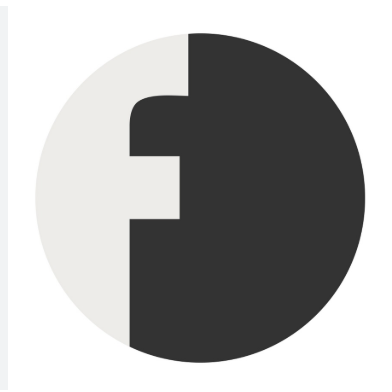Article by Andrea Scordino – Journalist, Fanpage.it
Sixty-eight percent of Europeans believe the EU should do more to protect citizens from global crises and security threats. This is according to a Eurobarometer survey conducted by the European Parliament between May and June 2025. The survey, conducted by the research agency Verianin, surveyed over 26,000 European citizens from all 27 Member States. The call for greater protection from global crises and security risks is accompanied by a call for a sense of unity among Member States: 90% want a more cohesive Europe, and 77% want Europe to be given more tools to address global challenges (a percentage that rises to 85% among Italians).
According to those interviewed, to have a greater global impact, the European Union should invest in defense and security (37%, Italians 29%) and pay greater attention to the economy and competitiveness (32%, Italians 28%).
Regarding the role of EU institutions, such as the European Parliament, citizens are clear about the policies on which it should focus its action: combating inflation and rising prices and the cost of living comes first (41%); it should then have greater decision-making capacity on defense and security issues (34%). This theme is reflected in ReArm Europe , the plan presented by European Commission President Ursula von der Leyen, which entrusts Member States with the procurement of armaments, with the aim of strengthening a strategic military response in the event of a threat to Europe. Finally, parliament should have a more significant role in approving policies to combat poverty and social exclusion (31%). Italians confirm the European trend: for 46% of those interviewed, the European Parliament’s priority remains reducing inflation and the cost of living.
Regarding powers and responsibilities, 91% of Europeans would like a parliament with broader powers and greater tools to oversee the EU’s spending capacity. According to the main European treaties that assign powers within the institutions, the European Parliament co-authorizes budget appropriations for the following year, together with the Council of State, while management of the annual budget is entrusted to the European Commission; spending controls on the proper use of funds remain with the European Court of Auditors.
The study shows that Europeans are particularly sensitive to democratic values: 85% believe that the allocation of EU funds should be conditional on Member States’ respect for democratic principles.
Seventy-two percent recognize that the EU’s actions impact their daily lives, and half of respondents (50%) have a positive opinion of it (63% in Italy). Furthermore, 73% believe their country has benefited from EU membership, especially in terms of peace, security, cooperation between states, and economic growth.
